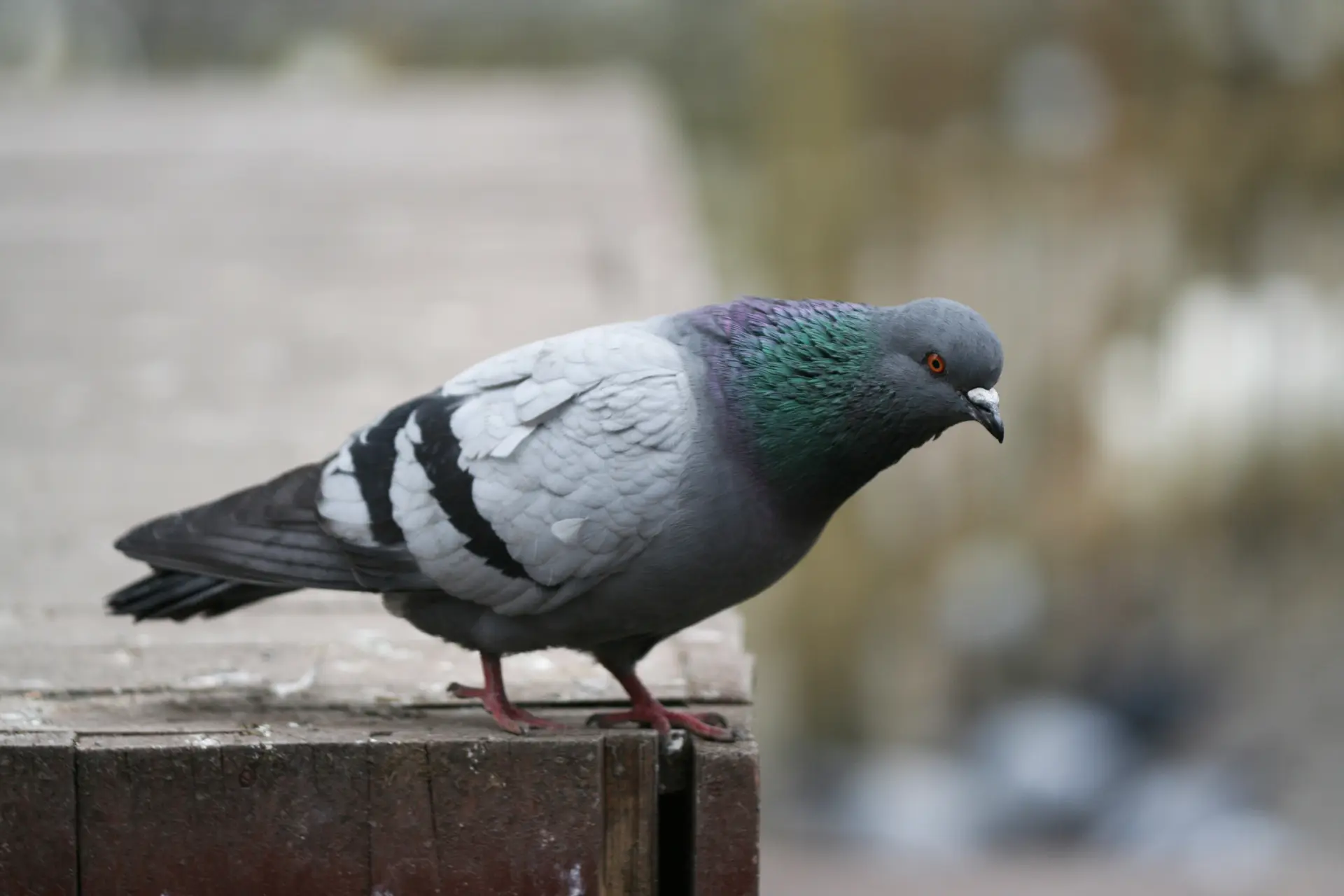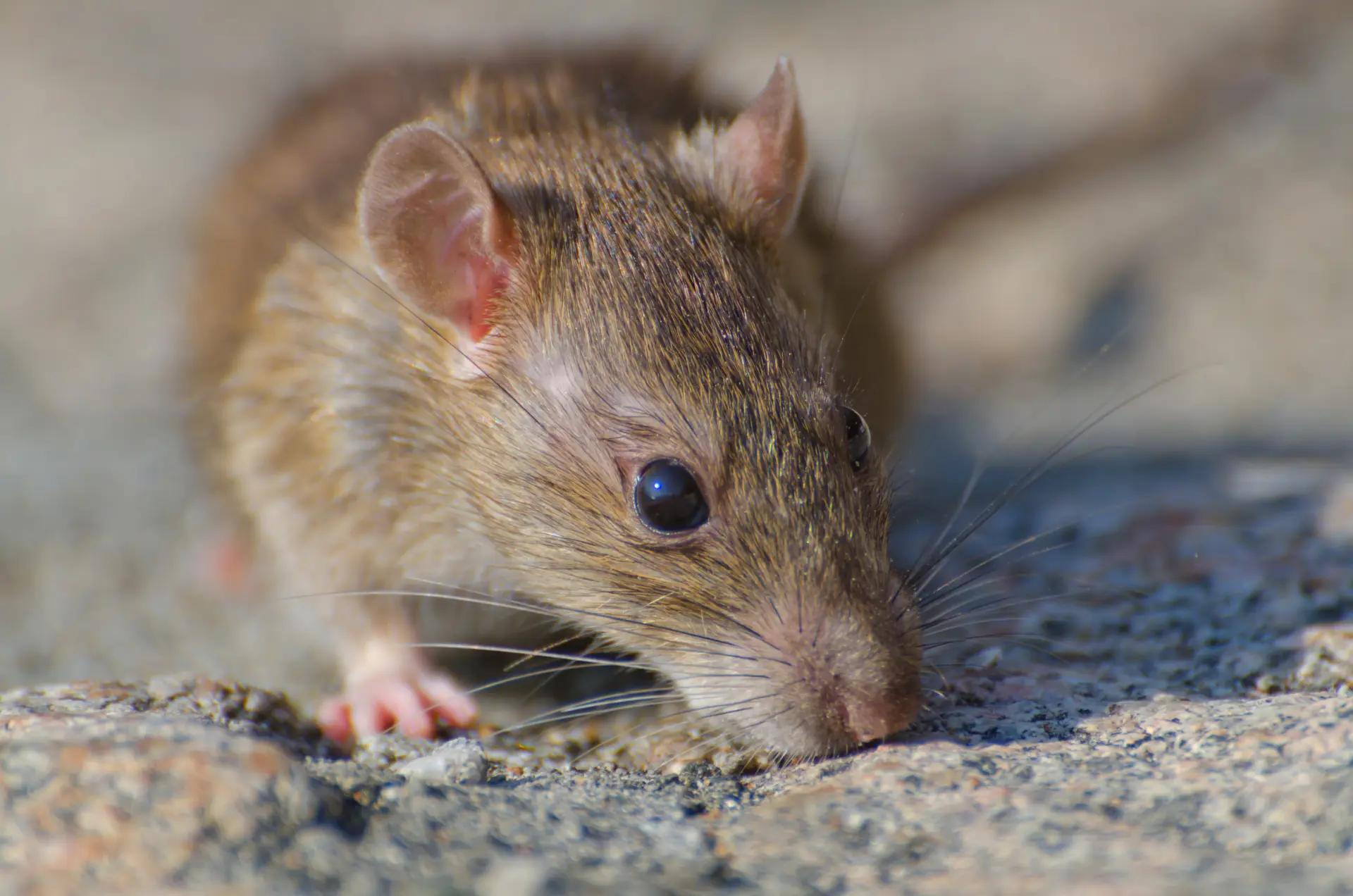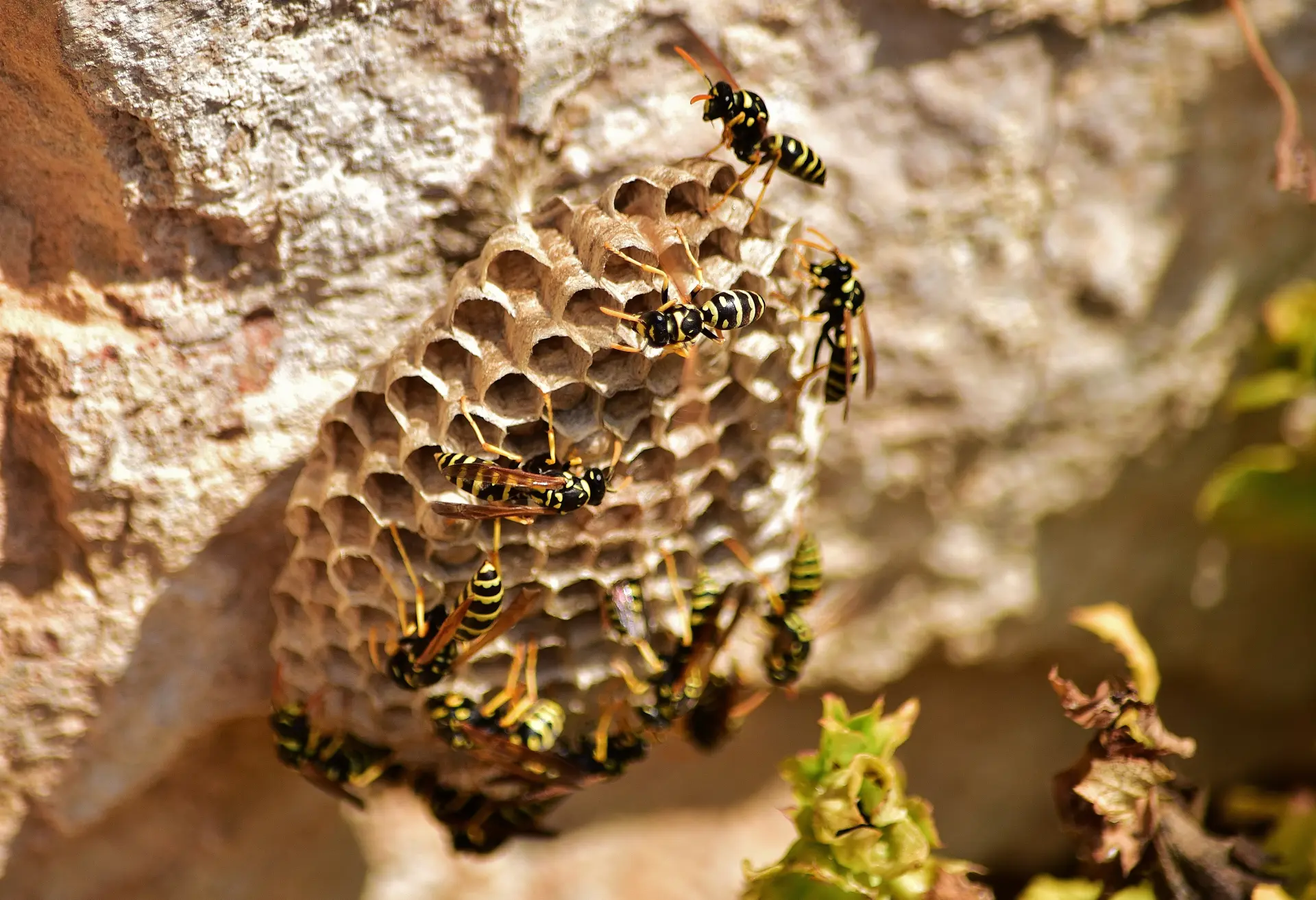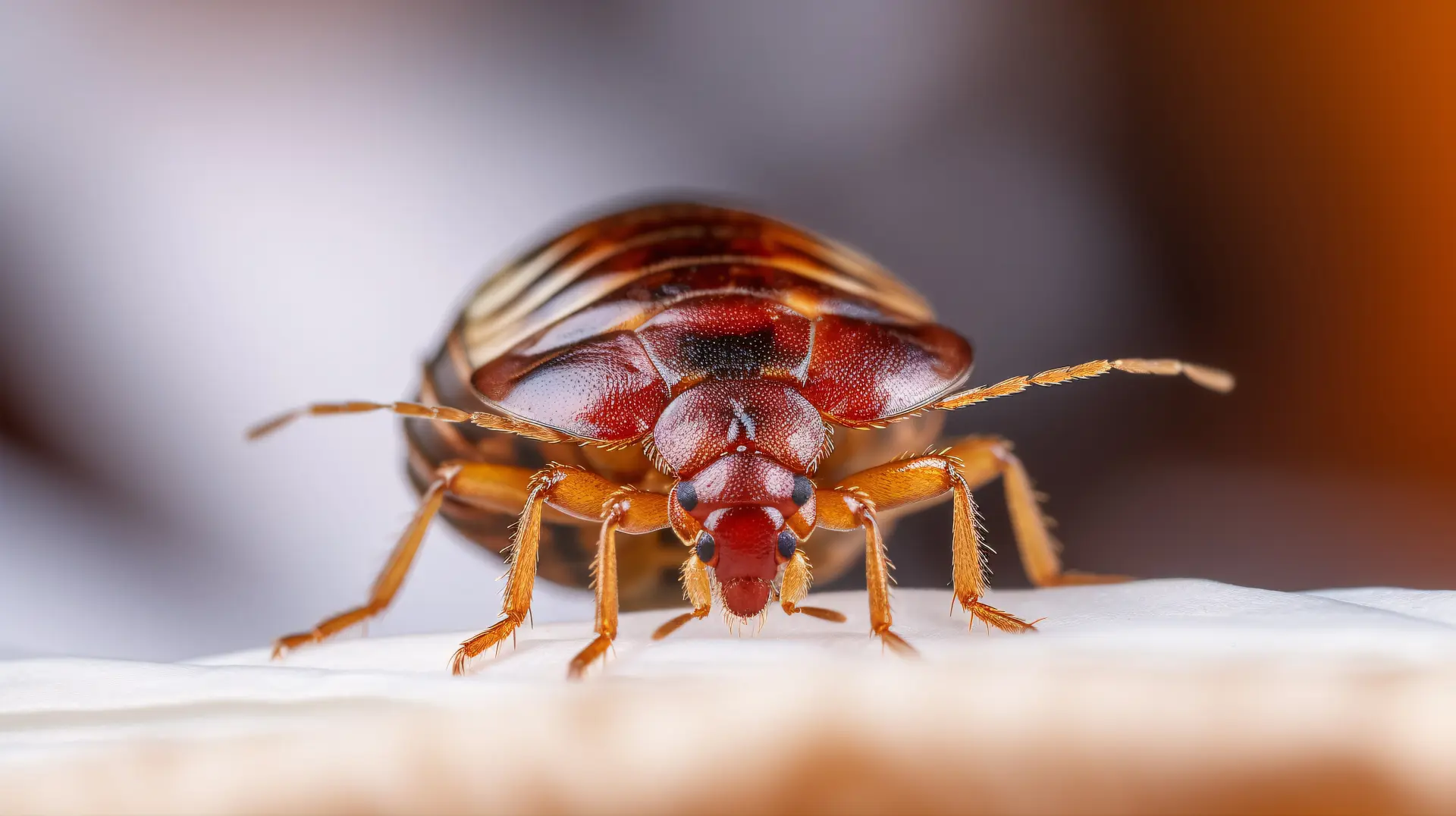Learn why bird control is essential for public health and safety; prevent disease transmission from pigeons and seagulls with our effective bird-proofing solutions.
The Impact of Birds on Public Health
Birds in the UK can have a significant impact on public health, particularly in areas where they gather in large numbers. The most common species causing concern are pigeons, seagulls, and starlings, which often congregate in public spaces, commercial buildings, and even residential areas.
Bird faeces can contain harmful bacteria such as E. coli, Salmonella, and Campylobacter, which can cause food poisoning and gastrointestinal issues. The acidic nature of bird faeces can also erode building materials, leading to expensive repairs. To reduce these risks, effective bird control measures are essential for safeguarding public health and maintaining clean, safe environments.
Common Diseases Spread by Birds
Pigeons, seagulls and starlings can spread a variety of diseases through droppings, feathers, and saliva.
Cryptococcosis can be found in pigeon droppings. This fungal infection can cause meningitis and lung infections when the spores are inhaled. It can also result in life-threatening conditions for people with weakened immune systems.
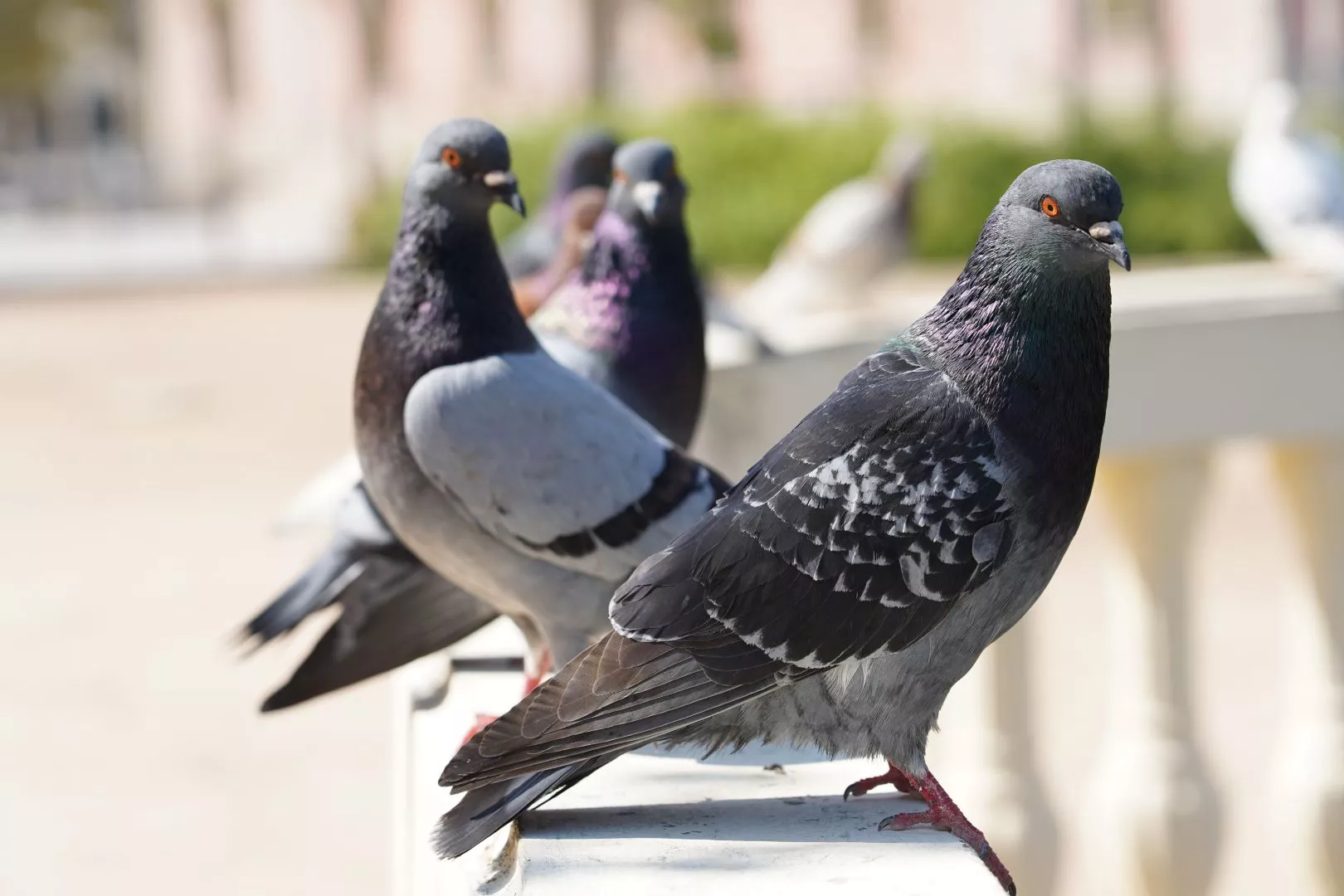
Salmonella is commonly transmitted through bird droppings that contaminate food, water, or other surfaces. Salmonella can cause gastrointestinal illness, including diarrhoea, stomach cramps, nausea, vomiting, and fevers.
E. coli can also be found in bird droppings. When people come into contact with contaminated surfaces, food, or water, they can experience stomach cramps, diarrhoea, nausea, and vomiting. In more severe cases, E. coli can lead to serious complications like kidney failure, especially in those with weakened immune systems.
Given the health risks associated with these diseases, effective bird control is essential. Preventative measures, such as installing bird-proofing systems, can reduce the risks associated with bird-borne diseases.
Bird Infestations in Public Spaces
Bird infestations can have a huge impact on public health, particularly in areas where large populations of pigeons, starlings and seagulls gather.
Birds can also transmit parasites like fleas, mites, and ticks. Bird droppings can also contain fungal spores, such as those responsible for histoplasmosis and cryptococcosis. By bird-proofing buildings with netting, spikes, or wires, and regularly cleaning droppings from public spaces, the spread of diseases can be reduced.
Birds as a Threat to Aviation Safety
Pigeons, seagulls, and geese can create hazardous situations for aircraft during take-offs, landings, or during flights. Bird strikes, where birds collide with planes, are a major concern for the aviation industry. These strikes can result in engine failures, structural damage, and, in extreme cases, fatalities.

Birds can also disrupt air traffic control systems and create hazards in areas of high air traffic density. As such, airports and aviation authorities prioritise bird control measures to ensure safety and minimise potential threats.
Installing bird-proofing measures around runways, terminals, and hangars can prevent birds from roosting or gathering in dangerous locations. Regular monitoring and habitat management, such as removing food sources and using bird deterrents, can also reduce the risk of bird strikes.
James Dighton Pest Solutions provides professional bird-proofing services in Peterborough to help protect buildings and public spaces. Our solutions ensure you have access to a safer, cleaner environment while protecting your property and health.

